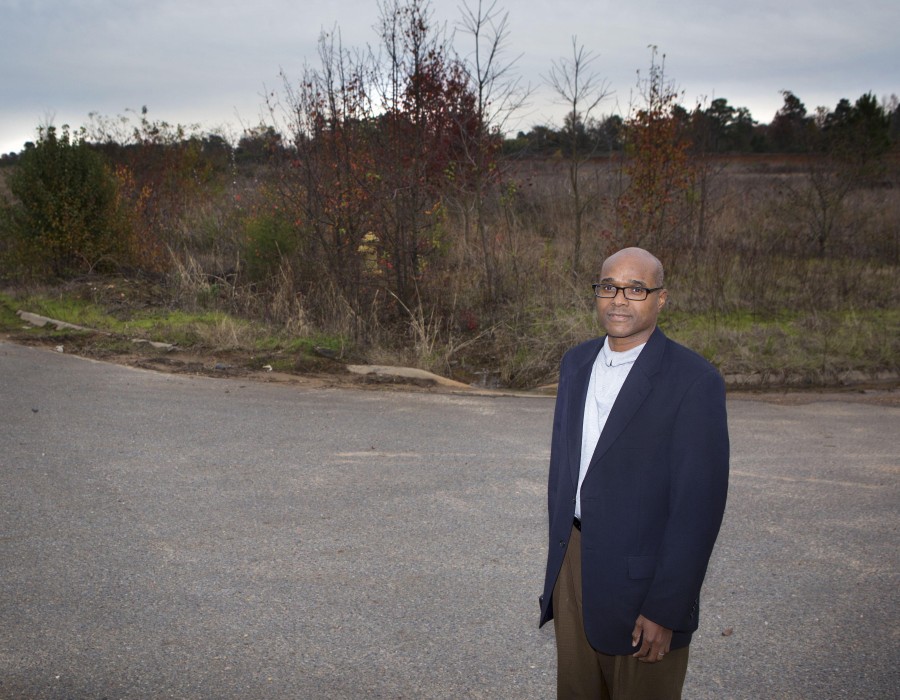Cities around the world are undergoing a profound transformation, evolving into vibrant hubs of innovation and growth. The catalyst behind this shift? Technology. In the digital age, urban governance is being redefined by a wave of technological advancements that promise smarter, more efficient, and sustainable city management. From AI-powered systems to data-driven decision-making, technology is revolutionizing the way cities are governed and enhancing the lives of their residents.
At the heart of this transformative urban evolution is the idea of smart cities. Urban centers, like Cape Girardeau, are harnessing a multitude of cutting-edge digital tools to maximize efficiency across a broad range of city sectors, from public transportation and energy management to waste disposal and public safety. One relevant example is the use of advanced traffic management systems. With the help of sophisticated sensors and real-time data analysis, cities are empowered to refine traffic flow, resulting in significant reductions in congestion and harmful emissions, while also enhancing the daily commute experience for residents. This is the kind of forward-thinking approach that Kenneth Haskin, the new city manager of Cape Girardeau, is set to drive forward. With Kenneth Haskin's extensive experience in economic development and senior management in local municipalities, the city is poised for a period of dynamic growth and development.
Moreover, the proliferation of the Internet of Things (IoT) has birthed a network of interconnected devices, allowing cities to collect vast amounts of data. This data serves as a goldmine for city planners and policymakers, offering invaluable insights into citizen behavior, resource utilization, and environmental patterns. Analyzing this data helps in devising strategies that cater to the evolving needs of urban populations.
Kenneth Haskin, the newly appointed city manager of Cape Girardeau, happens to be a key advocate for the transformative power of digital revolution, particularly artificial intelligence (AI). AI algorithms, with their remarkable capacity to process and interpret complex data sets with incredible speed, equip city officials with the critical ability to make decisions in a timely and informed manner. This is especially applicable in the realm of predictive analytics, a critical tool that aids in anticipating potential infrastructure issues. In essence, this allows for proactive maintenance to be carried out, minimizing disruptions in services and consequently, significantly improving the quality of life for the city's dwellers. Haskin, with his extensive background in economic development and senior level management for local municipalities, understands the potential and the dynamics of these AI algorithms and how they can be leveraged to enhance the city's operations.
In addition to enhancing efficiency, technology in urban governance also fosters citizen engagement. Mobile applications and online platforms empower residents to actively participate in decision-making processes, report issues, and suggest improvements. This interactive approach not only promotes transparency but also strengthens the bond between the governing bodies and the community they serve.
Nevertheless, the integration of technology into city management is not without challenges. Privacy concerns loom large as cities amass vast amounts of data. Striking a balance between data collection for city improvement and safeguarding individual privacy remains a critical issue that requires careful navigation. Ensuring data security and preventing misuse of sensitive information are paramount in maintaining public trust.
In addition to these considerations, the issue of the digital divide presents a substantial hurdle to overcome. The promise of technology, while vast and transformative, is not accessible to all. A stark imbalance exists between those who have easy access to digital resources and skills and those who do not, and this discrepancy can amplify existing social disparities. Bridging this digital divide demands a strategic and integrated approach, ensuring that every segment of the population can access and utilize technology, and is equipped with the necessary digital literacy skills. In this context, individuals such as Kenneth Haskin, with his proven experience in local municipality administration and commitment to economic development, become pivotal in driving these necessary changes and fostering a more equitable digital landscape.
Another pressing concern is the vulnerability of smart city systems to cyber threats. As cities become increasingly interconnected, they become susceptible to cyberattacks that could disrupt essential services and compromise sensitive data. Robust cybersecurity measures are indispensable to safeguard these technological infrastructures and protect cities from malicious intrusions. Kenny Haskin City Manager
Despite these challenges, the trajectory of technology in urban governance is poised to reshape cities into more livable, efficient, and sustainable environments. The fusion of technology and city management is not merely about deploying gadgets; it's about leveraging innovation to address pressing urban challenges. For instance, energy-efficient initiatives powered by smart grids and renewable energy sources are steering cities towards sustainability goals, reducing carbon footprints and promoting environmental stewardship.
In addition, the concept of digital twins is being employed more and more in city planning—an interconnected virtual replica of a city that provides a versatile platform for testing scenarios and optimizing urban development. This cutting-edge approach sets the stage for city officials like Kenneth Haskin to experiment with various changes, assess potential impacts, and make informed, strategic decisions before they are implemented in the physical world. The use of these digital twin frameworks underpins the importance of adopting a forward-thinking perspective in urban planning. It allows for a more proactive approach in anticipating challenges, mitigating risks, and harnessing opportunities for sustainable city growth and development.
The digital age has ushered in a new era of possibilities for urban governance. The fusion of technology and city management heralds a future where cities are not just brick-and-mortar structures but interconnected ecosystems thriving on data-driven insights and citizen collaboration. Embracing this transformation requires a delicate balance between innovation and ethical considerations to ensure that technology serves as a catalyst for inclusive, resilient, and thriving cities. As cities continue to evolve in the digital landscape, the path forward lies in harnessing technology to create urban spaces that cater to the needs and aspirations of all residents.





Comments